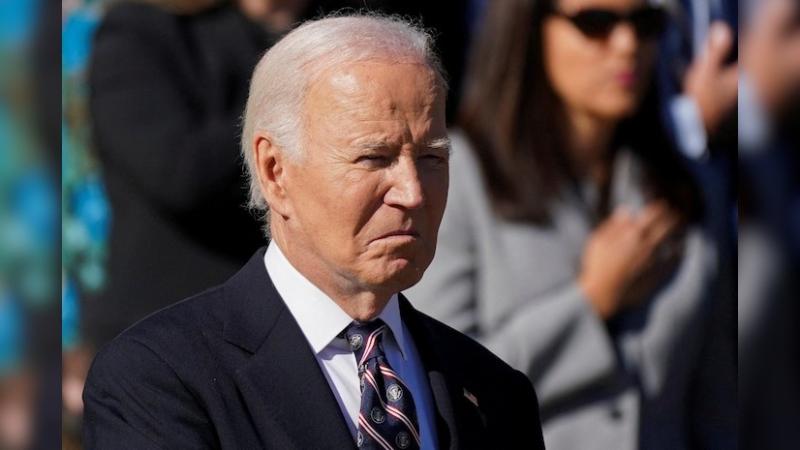
- agastya9
- 18 Nov 2024 12:35 AM
- JoeBiden, Russia, Ukirine
President Joe Biden has authorized a significant shift in U.S. policy by lifting restrictions on Ukraine’s use of U.S.-provided long-range weapons to strike targets inside Russian territory. This decision allows Ukraine to deploy the Army Tactical Missile System (ATACMS) against Russian positions deep within its borders.
The move comes at a critical juncture in the Ukraine-Russia conflict, with Russian forces gaining ground and some 10,000 North Korean troops reportedly stationed near Ukraine’s northern border to support Russian military operations. By enabling Kyiv to expand its military reach, the U.S. aims to bolster Ukraine’s defensive and offensive capabilities, potentially improving its negotiating position in any future peace talks.
Shifting U.S. Policy
For months, Ukrainian President Volodymyr Zelenskyy and Western allies have urged the U.S. to loosen restrictions on the use of its weaponry, arguing that the ban limited Ukraine’s ability to counter Russian attacks effectively. Congressional Republicans have also pushed for this policy change, citing the strategic advantage it could provide to Ukraine.
The Biden administration’s decision reflects ongoing efforts to support Ukraine as it faces a third year of conflict following Russia’s invasion in February 2022. To date, the U.S. has provided over $56.2 billion in security assistance to Ukraine, solidifying its position as Ukraine's most critical ally in the war.
Implications of the Policy Change
Allowing Ukraine to strike within Russian territory could alter the dynamics of the conflict, providing Kyiv with a tool to target critical Russian infrastructure and military assets far from the frontline. This strategic shift may accelerate efforts toward a diplomatic resolution.
Ukrainian President Zelenskyy recently expressed a desire to end the war through diplomatic means in 2025. In an interview, he noted that U.S. policy under President-elect Donald Trump, who has promised to reduce American involvement in the war, might lead to an earlier resolution.
International Reactions
The decision follows high-level discussions between President Biden and the leaders of South Korea, Japan, and China during the Asia-Pacific Economic Cooperation summit in Peru. North Korean involvement in the conflict was a central topic.
U.N. Secretary-General Antonio Guterres emphasized the need for peace in Ukraine, stating, “We want peace, we want fair peace,” but declined to elaborate further.
Looking Ahead
As the war approaches its third year, the Biden administration's decision underscores the U.S.'s continued commitment to Ukraine's sovereignty and security. Whether this policy change will lead to a decisive shift in the conflict remains to be seen, but it highlights the evolving nature of international support for Ukraine as it defends itself against Russian aggression.





































